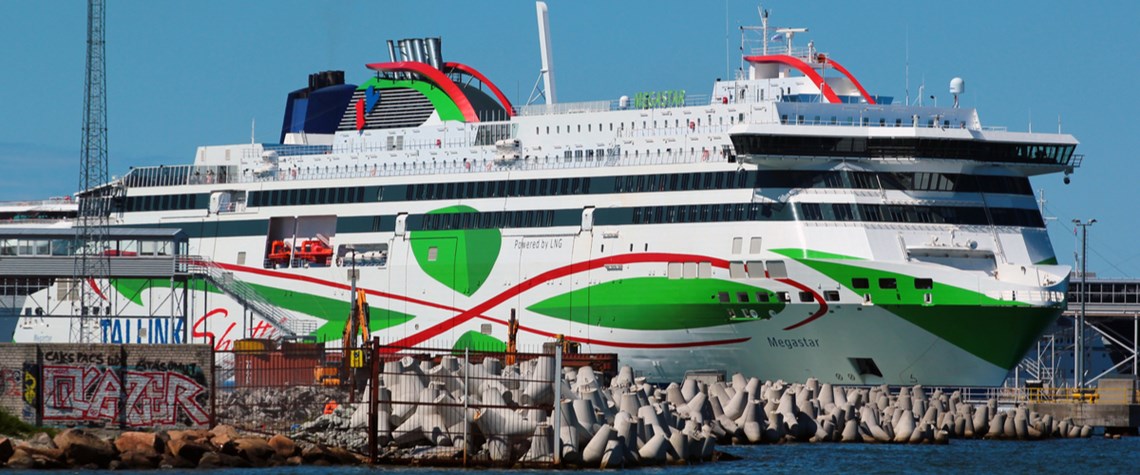LNG to fuel shipping, perhaps to a hydrogen future
Small-scale LNG appears set to take a leading role in the decarbonisation of shipping. But to achieve the IMO’s 2050 target, the industry may well need to turn to hydrogen
The International Maritime Organization (IMO) has set ambitious targets for decarbonisation that will tighten over the next three decades: from a reduction of at least 40pc by 2030 to 70pc by 2050. LNG is increasingly seen as a solution in the near term, with substantial decarbonisation benefits and the most developed supply globally of any alternative to bunker fuel. But to hit the 70pc target, it is hard to imagine a solution that does not involve hydrogen. To discuss the matter, Petroleum Economist caught up with three experts from PwC's Strategy&: Giorgio Biscardini, partner; Rafael Schmill, associate partner; and Adrian Del Maestro, director. The three experts recently launched a re

Also in this section
8 May 2024
Commission modelling of emission reduction pathway implies undershoot of current hydrogen production and imports targets, according to speakers at a recent Hydrogen Europe event
8 May 2024
Hydrogen cars may not have much credibility, but the same could have been said about EVs not too long ago
3 May 2024
Australia’s Fortescue and France’s EDF Renewables among the successful bidders as second-round auction draws green hydrogen projects worth about $11b
1 May 2024
High costs and uncertainty over offtake agreements are delaying project investment decisions, according to Aurora Energy Research







